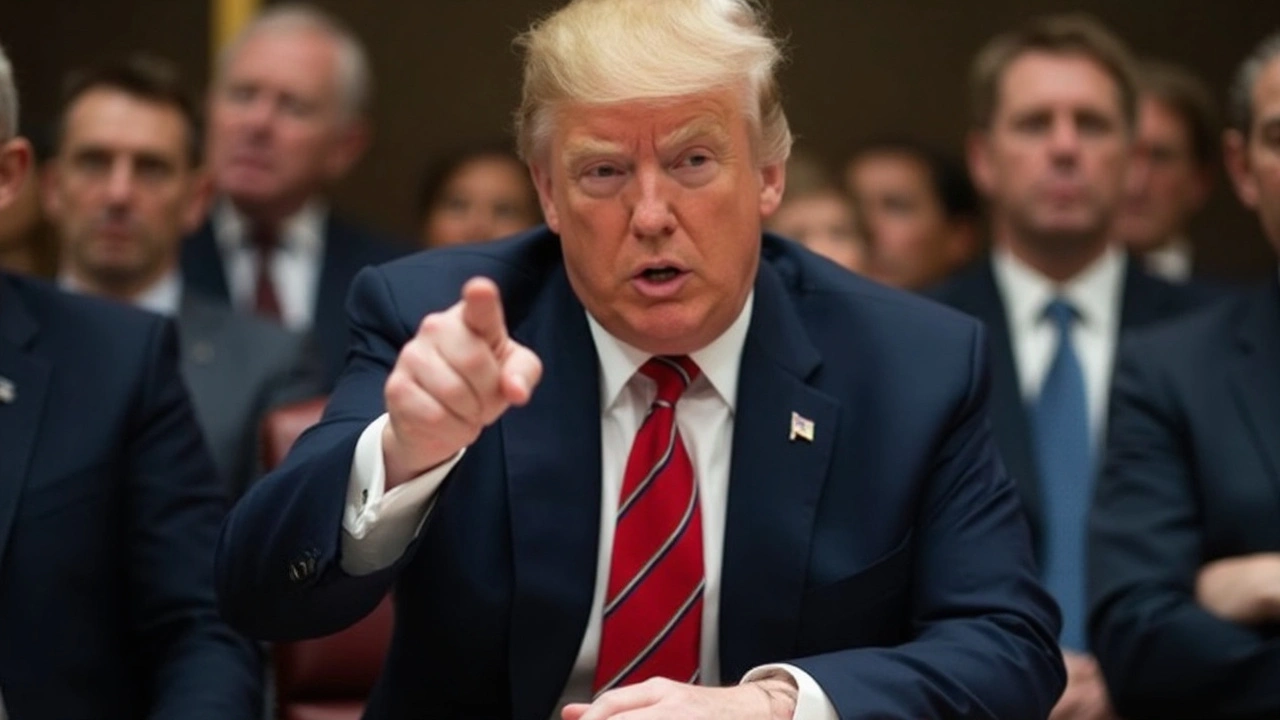Trade War and Its Real Impact on Africa
When you hear the term “trade war,” you might picture big factories in the US or Europe slashing each other's prices. In reality, the ripple effects reach every corner of the continent, from the bustling streets of Lagos to the farms of Kenya. Tariffs, import bans, and shifting supply chains aren’t just headlines – they change what you pay for food, fuel, and tech every day.
Why the Trade War Matters to Africans
First, higher tariffs raise the cost of imported goods. Think about a smartphone that used to cost 15,000 rand – a new duty could push it up by a few thousand. That extra cost lands on shoppers and small businesses alike. Second, local producers suddenly find new openings. When foreign cars become pricier, South African auto plants like BMW’s Rosslyn facility get more orders, boosting jobs and wages.
But there’s a flip side. Export‑dependent farmers in Ghana or Zambia may see their markets shrink if major buyers impose new taxes on raw materials. The result is less cash flowing back to rural families, which can trigger a chain reaction of reduced spending and slower growth.
How Businesses and Consumers Can Adapt
Businesses can start by diversifying suppliers. If one country becomes too costly, look to neighboring nations with free‑trade agreements or lower duties. Many African chambers of commerce are already mapping alternative routes, especially for electronics and agricultural inputs.
Consumers can protect their wallets by buying locally made products where possible. A locally assembled appliance might cost a bit more upfront but often saves on long‑term maintenance and avoids hidden import fees. Also, keep an eye on government announcements – sometimes new subsidies offset the impact of a trade war.
Another practical tip: stay informed through trusted news sources like Africa Success Daily. We break down complex trade policies into bite‑size updates, so you know when a new tariff is coming and how it will affect everyday prices.
Finally, think long term. If you run a small business, consider building a modest stockpile of essential items before a duty spike hits. This buffer can keep your shelves stocked and your customers happy while competitors scramble to adjust.
In short, the trade war isn’t just a distant political game; it’s a daily reality for African workers, shoppers, and entrepreneurs. By watching the headlines, sourcing smarter, and supporting local products, you can turn a challenge into an opportunity.

14
May
The U.S. and China have agreed to roll back some tariffs for 90 days, aiming for a ceasefire instead of real peace. Long-term disputes remain, with American fears over China’s economic power and China turning away from U.S. exports, focusing on other markets.
Read More
